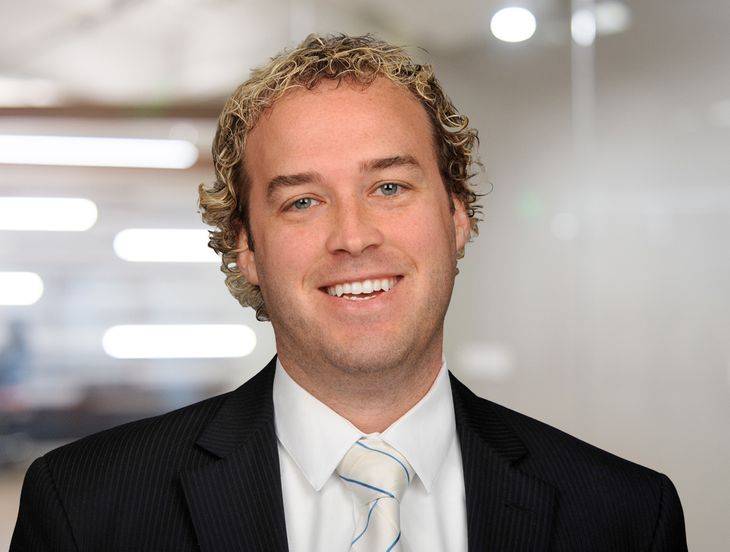Good Faith Goes a Long Way to Defeat Wage Statement Claims: 4 Tips for Employers After California Supreme Court Win
Insights
5.07.24
Employers finally received some welcome news from the California Supreme Court yesterday and now have a better shot of successfully using a “good faith” defense to wage-and-hour lawsuits. According to the ruling, if an employer reasonably and in good faith believed it was providing complete and accurate wage statements to its employees, then it has not “knowingly and intentionally” failed to comply with the California wage statement law – even if its belief was mistaken. The “good faith” defense is helpful for employers since it can eliminate exposure to potentially substantial penalties for inaccurate wage statements. However, to defeat a wage statement claim based on the good faith defense, you need to show that you had a reasonable basis to believe the wage statements were legally compliant. Here’s why the decision is important for employers and four steps you should consider taking in light of the May 6 ruling.
What Happened?
In Naranjo v. Spectrum Security Services, Inc., an employee alleged that the company failed to provide legally compliant meal breaks. The employee also claimed that the employer failed to provide accurate wage statements since they didn’t include premium payments that were triggered by the missed meal periods.
The employer argued that its inadvertent noncompliance with the wage statement law was not “knowing and intentional” — which is required for a claim under Labor Code section 226 – but rather based on a good faith belief it complied with the law.
So, has an employer “knowingly and intentionally” failed to comply with Labor Code section 226 when there are ambiguities in the law and the employer’s mistakes about the law were reasonable? After almost 15 years and two appeals to the California Supreme Court, the issue was finally resolved in the employer’s favor.
The ruling is significant because exposure to penalties and damages under California Labor Code section 226 can be substantial for employers. An adverse ruling can result in statutory penalties of up to $4,000 per employee or the employee’s actual damages, whichever is greater. The statute also provides for the recovery of “reasonable” attorneys’ fees, which can be significant whether wage statement claims are litigated on an individual or a class-wide basis. Naranjo provides employers with an additional defense to this claim that was previously subject to debate.
What Should Employers Do Now?
To prevail on a “good faith” defense to wage-statement claims, employers must objectively establish that their errors were caused by legal uncertainty regarding pay practices and that their mistakes of law were reasonable. To do so, and to comply with California’s wage-and-hour law generally, employers should implement measures showing their best efforts to comply with the law. Consider taking these four steps:
- Audit or have legal counsel audit a sample of your wage statements to determine whether they meet the requirements set forth by Labor Code section 226(a).
- Evaluate underlying pay practices – such as meal and rest breaks, overtime calculations, and timeclock rounding — that can serve as a basis for inaccurate wage statement claims.
- Promptly address areas of non-compliance. You may want to reach out to experienced legal counsel to help with your compliance efforts.
- Keep records of the audit and remedial measures taken. This documentation can be invaluable in demonstrating reasonable and good faith efforts to comply with the law.
Conclusion
You are encouraged to discuss your pay practices with counsel to ensure they are compliant with current law. Make sure you are subscribed to Fisher Phillips’ Insight System to get the most up-to-date information directly to your inbox. If you have questions, contact your Fisher Phillips attorney, the authors of this Insight, or any attorney in our California offices.
Related People
-
- Colin P. Calvert
- Partner
-
- Aaron Cargain
- Partner
-
- Spencer W. Waldron
- Partner


